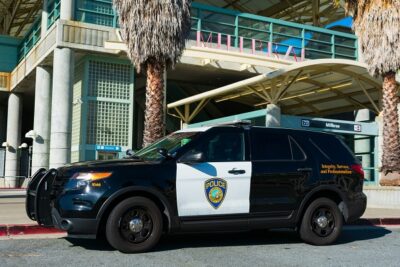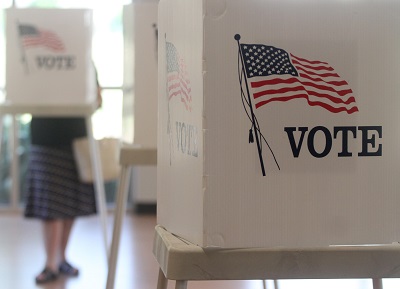BACPoll: Economic Confidence Softening
Bay Area residents agree the regional economy is humming right along, according to results of the 2016 Bay Area Council Poll released today, but a growing number also appear more cautious about where the economy is heading and see the possibility of a significant downtown on the horizon.
The poll found that 83 percent of residents think the economy is doing the same or better compared to six months ago, but the intensity of their optimism has started to wane from two years ago. While 53 percent said in 2014 that the economy would be doing somewhat or much better than six months prior, that number dropped to 35 percent in 2016. Residents who think the economy is doing about the same jumped from 35 percent in 2014 to 48 percent in 2016, and the number that think the economy has worsened has almost doubled from 8 percent in 2014 to 15 percent in 2016.
“Unlike Steph Curry, the Bay Area economy isn’t going to keep hitting long-range three pointers,” said Jim Wunderman, President and CEO of the Bay Area Council. “Economic ebbs and flows are inevitable, but we can take steps to gird ourselves against the harshest impacts of a downturn. The Bay Area Council has advanced a comprehensive Regional Economic Strategy that offers a framework for increasing the region’s resilience against economic swings, including building the housing we need, investing in transportation and other critical infrastructure, strengthening the connections between our universities and employers, and creating a regional entity exclusively focused on economic sustainability.”
Read the Regional Economic Strategy>>
Read the Bay Area Council Poll summary results>>
See Bay Area Council charts and graphs>>
See complete Bay Area Council Poll results>>
Looking ahead in the near term, the poll found a similar cooling off in residents’ attitudes about the economy. In 2014, 50 percent said the economy would be doing somewhat or much better in six months and 35 said it would be doing about the same. The 2016 poll found that 27 percent believe the economy will show improvement in six months, while 49 said it will be doing about the same. Another 21 percent said in this year’s survey that the economy will worsen in six months, a significant jump over the 9 percent in 2014 who had a pessimistic outlook for the coming half year.
Looking a little deeper into the crystal ball, more residents than not think the Bay Area is in store for a significant economic downturn. The poll found 37 percent of residents think the regional economy is due for a correction sometime in the next three years. Another 15 percent think it will be 3-5 years before the pendulum swings back, 7 percent say it will be more than five years and an optimistic 20 percent think the Bay Area will dodge any economic downturn.
Despite concerns about the regional economy, residents appear to have a slightly brighter view of their own household financial situation. The poll found 78 percent of residents think their household is the same (53%) or better off (25%) financially than six months ago. And they generally see things getting a little better in the near future, with 83 percent saying they expect their household financial picture to stay at least the same (54%) or improve (29%). That optimism is generally consistent across counties, although Contra Costa County residents appear the most sanguine with 39 percent saying they expect their financial situation to improve in the next six months while across the bay in San Francisco just 22 percent of residents think they’ll be better off.
Along income lines, higher earning households feel more financially secure. The poll found that 85 percent of households making $150,000 or more feel their finances are the same (51%) or better (34%) than six months ago, compared to the 70 percent of households with incomes of $50,000 or less who say their finances are unchanged (49%) or better (21%).
The 2016 Bay Area Council Poll, which was conducted by Oakland-based public opinion research firm EMC Research from Feb. 12-March 9, surveyed more than 1,000 residents online about a range of issues related to economic growth, housing and transportation, drought, education and workforce. It has a margin of error of 3.1 percentage points.





